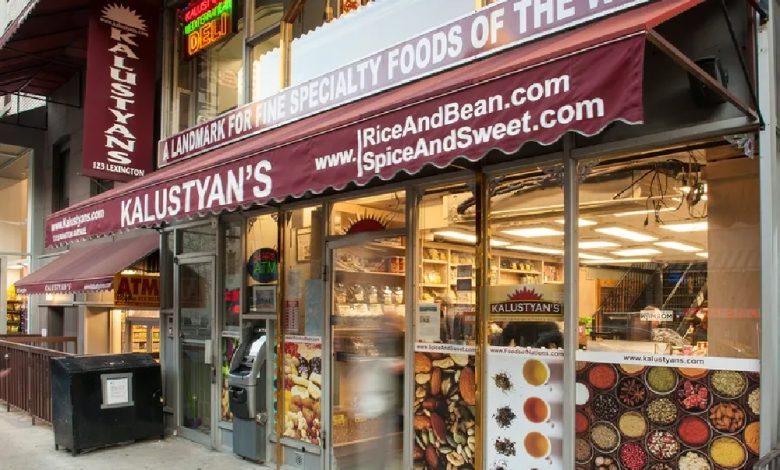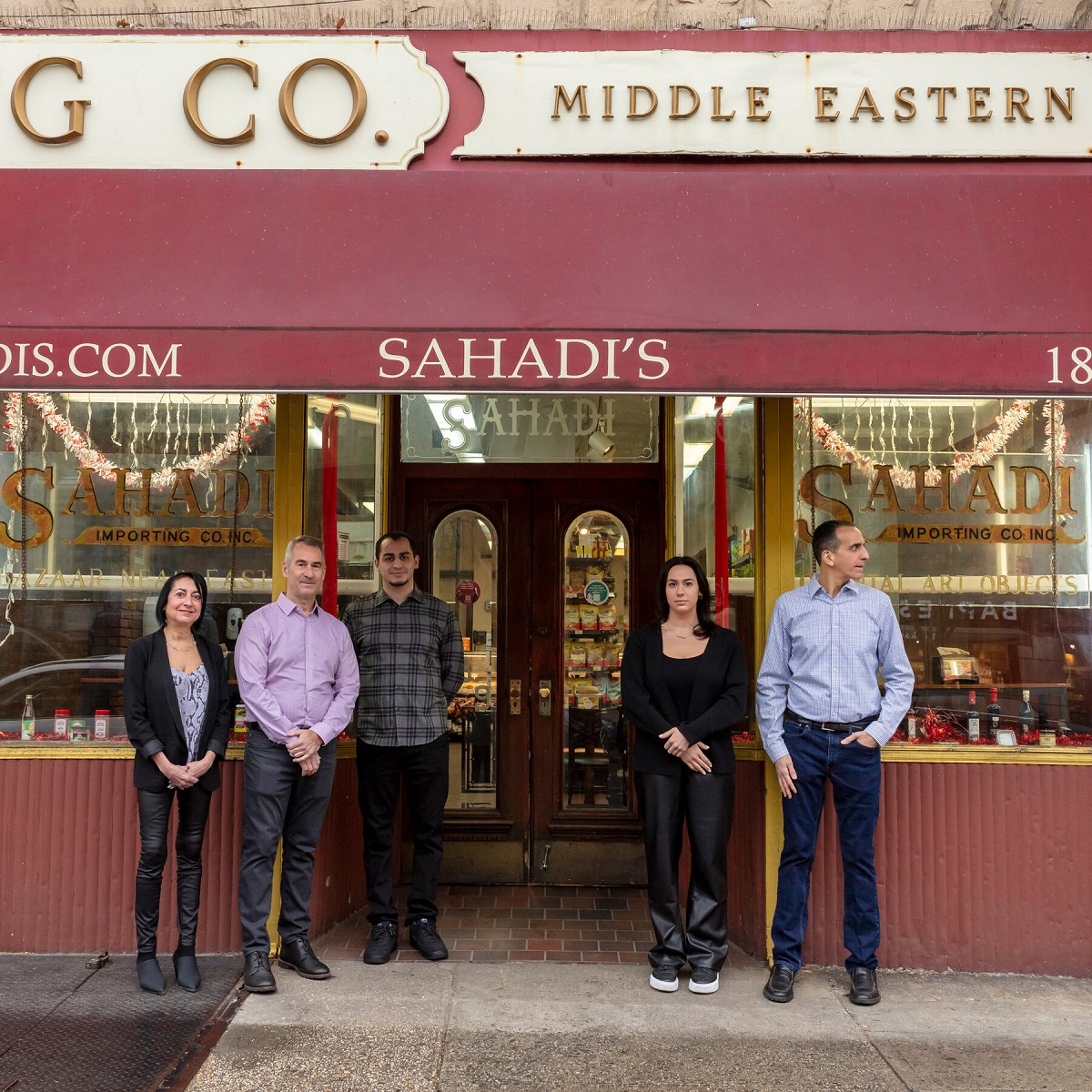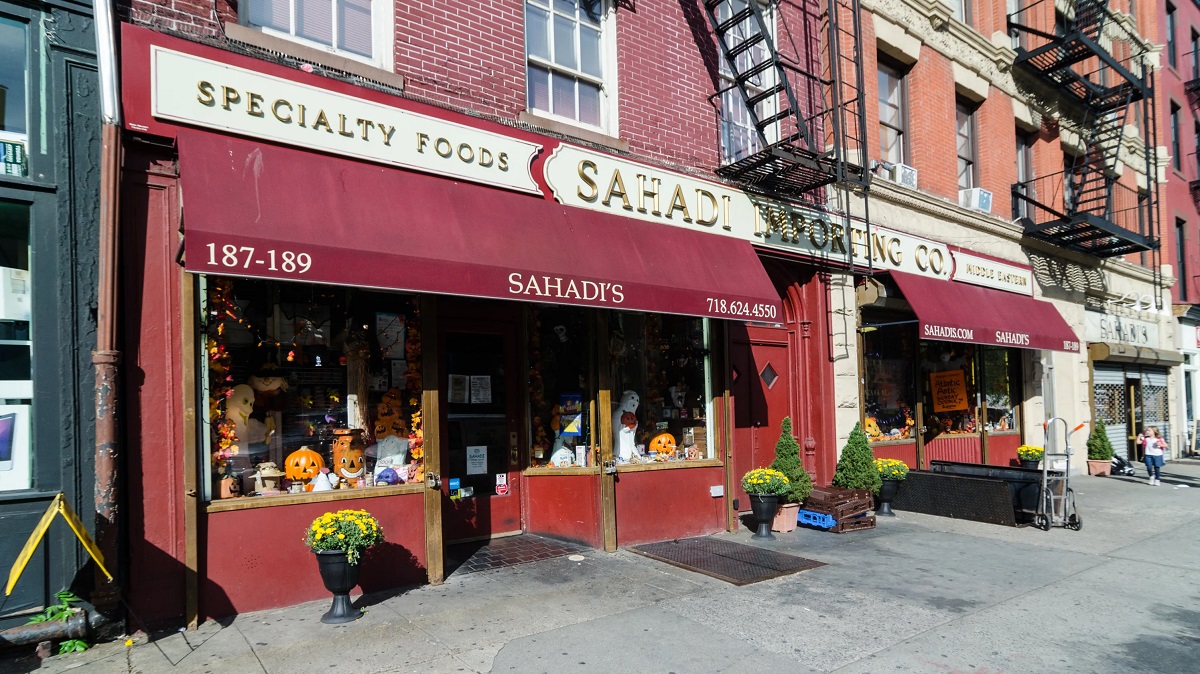How to Open a Successful Arab Grocery Store in the United States
A Step-by-Step Guide for Arab Entrepreneurs Starting a Profitable and Community-Focused Store in America

Opening an Arab grocery store in the United States can be a smart and successful business idea, especially in areas with a growing Arab or Middle Eastern population. These stores not only meet the community’s need for halal meats, Arabic spices, and traditional products, but also serve as cultural hubs. However, launching a successful store requires planning, permits, community connection, and a strong understanding of the local market.
Here’s a complete guide to what you need to start and succeed with an Arab grocery store in the U.S.:
1. Business Planning
Start with a detailed business plan that includes:
-
Location research: Choose a city or neighborhood with a sizable Arab or Muslim population (e.g., Dearborn MI, Paterson NJ, Anaheim CA, Houston TX).
-
Products list: Stock essentials like halal meats, Arabic bread, spices (za’atar, sumac, cardamom), olive oil, dates, pickles, and cultural sweets.
-
Startup budget: Calculate costs for rent, inventory, equipment (freezers, shelves), licenses, and staff.

2. Legal Requirements
To operate legally in the U.S., you’ll need:
-
A business license from your state or city.
-
Sales tax permit (varies by state).
-
Food handling certifications if you sell meat or fresh items.
-
Halal certification if you plan to market certified halal products.
Tip: Consult with a business lawyer or visit your state’s Department of Business Services to ensure compliance.
3. Choosing a Good Location
-
Your store should be easily accessible by foot or car.
-
Prefer places near mosques, Arabic schools, or community centers.
-
Avoid competition-heavy areas unless you offer something unique (like rare imports or better prices).
4. Building Supplier Relationships
-
Contact Middle Eastern and Arab wholesalers in the U.S. or abroad (Lebanon, Egypt, Turkey, Jordan).
-
Some companies specialize in distributing Arabic foods in bulk to small retailers.
-
Don’t forget local farms or meat processors for halal-certified meat.
5. Marketing and Community Connection
-
Use both Arabic and English in your store signs, ads, and social media.
-
Promote your store on Facebook groups, WhatsApp, and local Arabic-language newspapers or radio.
-
Consider offering loyalty programs, small events (like Eid promotions), or cooking demos to attract and retain customers.
6. Cultural Awareness and Staff
-
Hire bilingual staff (Arabic and English) who understand customer needs and cultural norms.
-
Make your store feel familiar and welcoming — clean, organized, and respectful of Islamic traditions.

Final Tips for Success:
-
Stay consistent with quality and freshness.
-
Know your customers’ traditions — what they eat during Ramadan, holidays, or on Fridays.
-
Expand slowly — add a bakery, deli, or online delivery as you grow.
Opening an Arab grocery store isn’t just a business — it’s a way to serve your community and preserve your culture in a new country.



